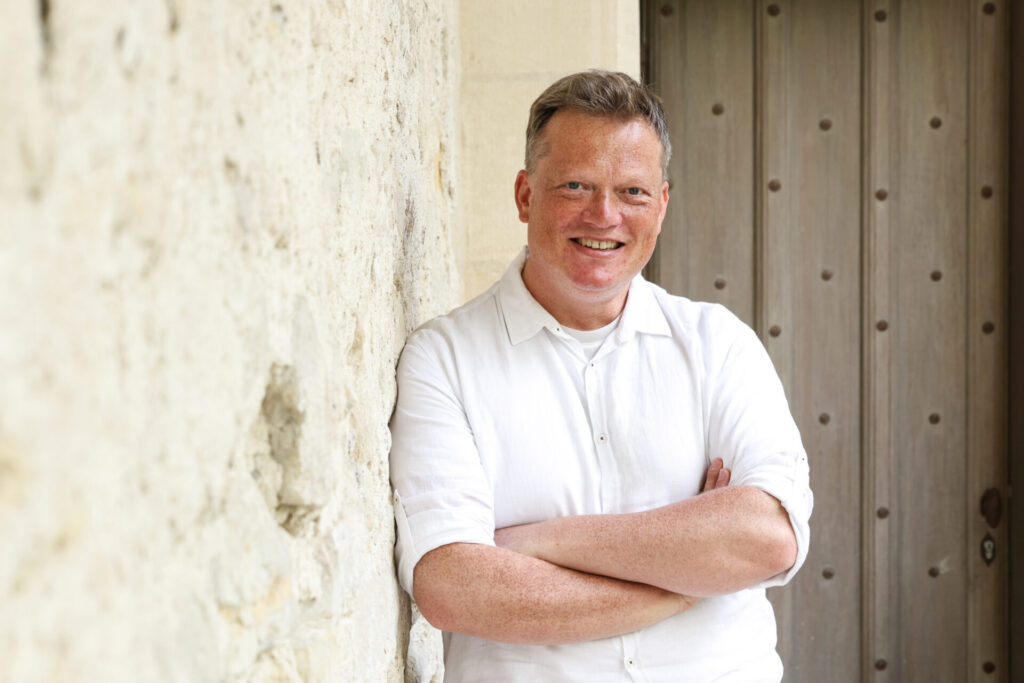Earlier this week, the SUSTAINIT Strategy Seminar convened a diverse assembly of researchers and educators, fostering collaboration and stimulating conversation around shared interests and values. The seminar’s goal was to encourage knowledge exchange among the three centers, while also identifying potential synergies across various projects.
Participants enjoyed a series of thought-provoking presentations from experts in fields as varied as clinical medicine, democracy, and sustainable education, all demonstrating their dedication to creating a positive impact on society.

Exploring Global Clinical Medicine
Asgeir Johannessen captivated attendees with his insights on global clinical medicine, sharing his research on chronic hepatitis B in sub-Saharan Africa. His work highlights the long-term advantages of antiviral treatment in these regions and advocates for implementing large-scale treatment programs throughout sub-Saharan Africa.
Focusing on Sustainable Development Goal 17
Jarle Breivik and Carolina Borges Rau Steuernagel underscored the significance of Sustainable Development Goal 17: Partnerships for the Goals. They discussed TEAM building principles and their implementation within medical and nutrition programs at the University of Oslo. By championing effective collaboration and cooperation, Breivik and Rau Steuernagel stressed the essential role partnerships play in achieving sustainable development.
Showcasing Norwegian Planetary Health Alliance Initiatives
Christina Brux provided an overview of the ongoing efforts of the Norwegian Planetary Health Alliance. This alliance exemplifies the power of interdisciplinary collaboration, merging expertise in environmental, social, and health sciences to address urgent planetary health challenges. Brux’s presentation emphasized the need for a complexity-oriented approach when tackling global issues.
Examining COVID-19 Vaccination Distribution
Scott Gates delved into the crucial topic of COVID-19 vaccination distribution, analyzing the factors that determine who gives vaccinations to whom and why. This subject carries significant implications for global health equity, highlighting the necessity for transparent, equitable, and efficient distribution strategies to ensure the well-being of all communities.
Medical Knowledge Mobilization
Mona Baker, Carolina Rau Steuernagel, and I unveiled our new UiO:Democracy project, which examines how medical knowledge is mobilized in debates surrounding abortion. This research underscores the intersection of medical knowledge, politics, and social norms, illustrating the importance of considering the values underlying medical knowledge dissemination.
Circle U. Collaboration
The seminar also featured two online presentations. Alejandro Valdivia, a Circle U. exchange student at SHE, discussed his PhD project on conditions of access to social rights in Germany and France. Gabriela Saldanha Viva‘s presentation revolved around her Circle U. project, which investigated the relationship between individual and global responsibility in the sustainability discourse.
Charting the Path Forward
The SUSTAINIT Strategy Seminar proved to be a success, igniting engaging discussions and nurturing connections among researchers from various disciplines. We are optimistic that these discussions will continue to inspire and inform future projects and partnerships throughout the three centers. As we eagerly anticipate the launch of our new strategy at the end of June, we remain committed to cultivating interdisciplinary collaboration.
We are also delighted that our enthusiastic Dean, Hanne Flinstad Harbo, has spearheaded the organization of a Faculty seminar on Sustainability and Global Perspectives in Medical Research and Education, scheduled for June 20th. This event promises to showcase an even wider array of sustainability projects from all institutes at MED, further demonstrating our commitment to fostering a sustainable future through collaborative efforts.



